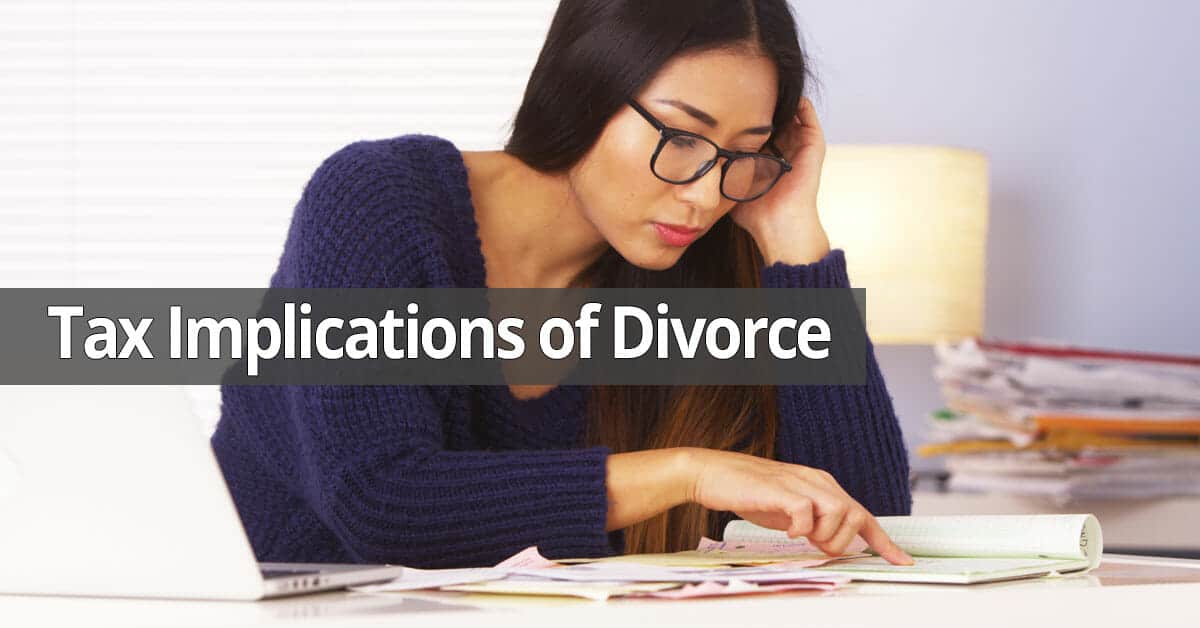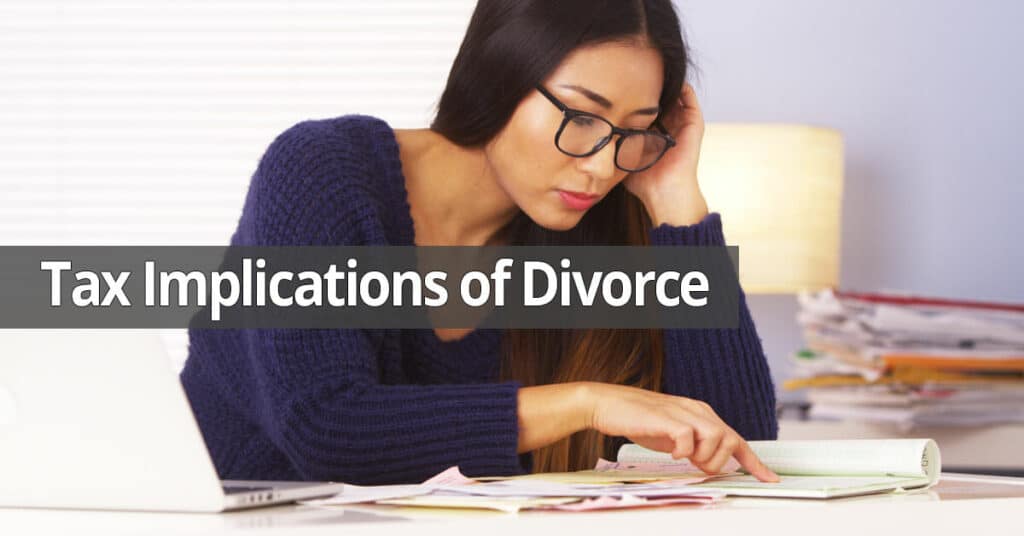Tax Implications of Your Divorce on Long Island

Head of Household Status Provides Deductions
Declaring yourself as Head of Household will typically allow you to be entitled to a more generous standard deduction. In order to file as Head of Household, you and your spouse must have been living separate and apart for the past six months of the year. Regardless of whether you or your spouse claim a qualifying child as a dependent, you must have a qualifying child living with you for more than six months of the year in order to file as Head of Household. This means that the child you are claiming, although living with you, may also be the same child declared a dependent by your spouse on his or her returns.
Spousal Support (aka Alimony) Must Be Claimed on Taxes
If spousal support (also known as alimony) payments are being made to you (the payee), the money is taxable in the year in which you receive the payments. If you are the spouse making the spousal support payments (the payor spouse), you can deduct these payments. Usually, these payments must be made pursuant to a Court Order or Stipulation of Settlement.
Child Support Payments are Not Taxable or Deductible
Payments made as and for the support of any child(ren) of the marriage are not tax deductible or taxable. Whether you are receiving or paying the child support obligation, the payments will have no impact on your taxes. The main issue regarding children and taxes is who gets to claim the child(ren) on their respective taxes. In many cases, child exemptions can be sizable, so it’s important to consider all options when finalizing a divorce. Often, parents will alternate the years they claim their child, so that one parent will claim the child in odd years and the other will claim the child in even years. Alternatively, if there are an even number of children, the parents may choose to split them up for tax purposes. This would result in one parent always claiming one child, with the other parent always claiming the other child. It’s important to discuss your options with your Long Island Divorce Attorney prior to reaching a final decision.
Consult a Professional
Taxes during your divorce can become a complicated issue. It’s important to utilize the knowledge that both your Long Island Divorce Attorney and your accountant or tax specialist have to offer. By consulting both professionals, you can ensure that your post-divorce finances are in order for tax season.
Have Questions about Taxes and Divorce? We Can Help
Should you have further questions regarding the tax implications of your Long Island Divorce we can help. Contact our Long Island Divorce & Family Law firm at 631-923-1910 to set up your free consultation with one of our experienced attorneys.
SCHEDULE YOUR FREE CONSULTATION TODAY
Call 631-923-1910 or fill in the form below
Schedule your complimentary consultation and case evaluation with our experienced attorneys today. When you call, you’ll speak to our friendly Client Services Director, who will be able to answer your general questions and set up your appointment with an attorney who specializes in your unique case.
At your meeting, your attorney will describe the many options available and determine together which is the right solution for you. By the end of this meeting we’ll all understand how we can best help you to move forward.
No Cost or Obligation
There is no cost or obligation for this initial consultation. It is simply an opportunity for us to get to know each other, answer your questions and learn if Hornberger Verbitsky, P.C. is right the right law firm for you. Give us a call at 631-923-1910 or fill in the short form below to schedule your free consultation and case evaluation.
All Fields Are Required
